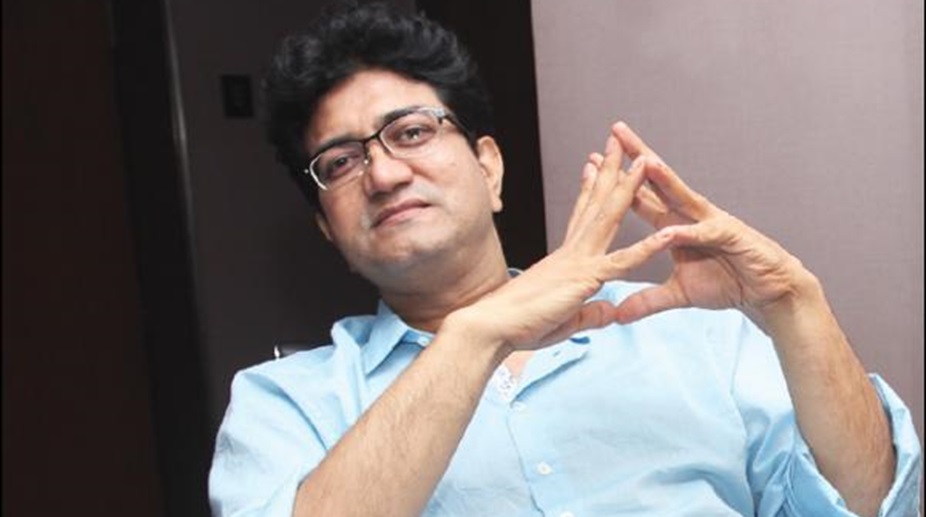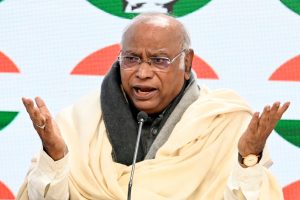Poet-lyricist Prasoon Joshi believes it is impossible to bring the exact vision of the author on the big screen while adapting a work of literature.
Joshi, who is also the chairman of the Central Board of Film Certification (CBFC), said when a writer pens a book he is putting forward his imagination, but if a film is made with his work as a source there is huge possibility of it being different from what the author originally perceived.
“When a writer’s book is interpreted on screen, there is definitely a degree of separation in that. There is a scriptwriter, a dialogue writer, and then there is music playing different role in that interpretation.
“When there are so many people interpreting a writer’s work, there is a huge possibility that it will be different from what the writer imagined at the first place,” Joshi said during a panel discussion on the sidelines of International Film Festival of India (IFFI).
He said the two creations co-exist and it does not mean that the book is superior or the film is inferior.
The National Award-winning lyricist said an author would never be satisfied with the interpretation of his work.
“He will always feel that cinema didn’t understand his vision. But the truth is, it is impossible to adapt any piece of literature exactly on screen. Only spirituality can make everyone understand the same feeling what writer had while writing his work.”
Joshi, who has films like Bhaag Milkha Bhaag and Rang De Basanti to his credit as a writer, said for him what matters is the “intent” behind the interpretation.
“Whenever I have collaborated as a writer, there has always been a difference between what I imagined and what comes out. When I write a song and the musician has composed, it is also different.
“Like ‘Rang De Basanti’, I remember I told A R Rahman that I am writing a recipe to make ‘basanti’ colour. I actually wrote the song like a recipe and I sent it to Rahman and then he composed it. It was a completely different interpretation. But the only thing I have learned amid all this is ‘what was the intent?’ If the intent is correct, everything is perfect,” he said.
Joshi said many authors and poets have made a switch to cinema because there was a dearth of people interested in literature.










